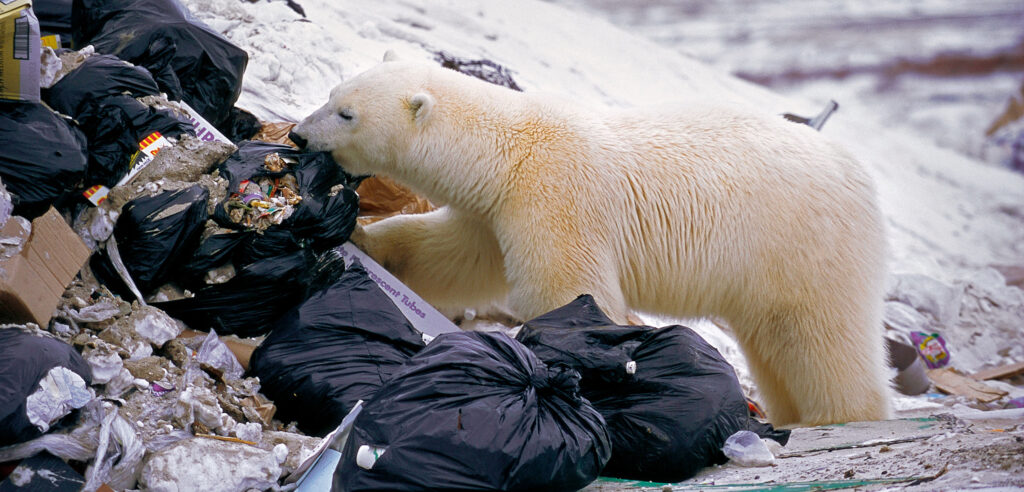Wildlife bears the plastic burden
PLASTIC debris on beaches is leaving a trail of destruction in its wake, as locals try to keep the pollutant at bay to save wildlife.
For Inverloch resident Robin Morris Gow, an afternoon walk on the beach last Wednesday turned unpleasant when she discovered a dead seal on Inverloch beach.
Upon closer inspection by Ms Gow, the seal had what appeared to be a tight plastic ring which had left significant chafing on the seal’s neck.
It is understood Bass Coast Shire Council officers removed the seal and there are no identifying features to identify where the seal came from.
Ms Gow said she posted a photo of the seal on Facebook because she wanted to bring the issue of plastic debris in the ocean to the attention of the community.
“Every time I go to the beach – and I know a lot of residents who do this – I am picking up plastic debris from the shoreline,” she said.
“I was devastated to find that on my local beach. I mean you see seagulls with things wrapped around their feet, but to see a seal with plastic around its neck locally, I was very shocked.”
“It feels like plastic pollution is never ending. We are causing these deaths.”
Ms Gow said she encouraged everyone to be more mindful of their plastic pollution because it is accumulating in the oceans and destroying wildlife.
Another Inverloch resident, Steve Dunn, said the problem lies with the huge amount of plastic rubbish society produces and puts in the ocean.
“We are now 7.4 billion people who have consumerism shoved down our necks from every angle. At a time when we talk about the remaining numbers of most of our large mammals in the thousands, we continue to think we can endlessly consume and increase GDP,” he said.
“All animals depend on a clean environment including us. If people are too selfish to realise the problems of plastic in the ocean it will come back to them as diseases as the fish continue to eat plastic, accumulate it and toxins in their body and then we will eat the fish.
“What we see on the surface is a small part of the problem. I’ve seen dynamite fishing in Indonesia and spent time on isolated beaches with no people but a beach covered in plastic.
“We need to use much more glass that has deposits on the bottles so they are returned. We need to stop making so much plastic.
“Consumers should walk into a shop, buy the product, unwrap it and say we only want the product not the waste. Just leave it at the shop.
“It’s like climate change, nobody wants to know about it or really act.”

Plastic death: a dead seal with a tight plastic ring around its neck was discovered washed up on an Inverloch beach last Wednesday by Robin Morris Gow of Inverloch.
Short URL: /?p=26117







